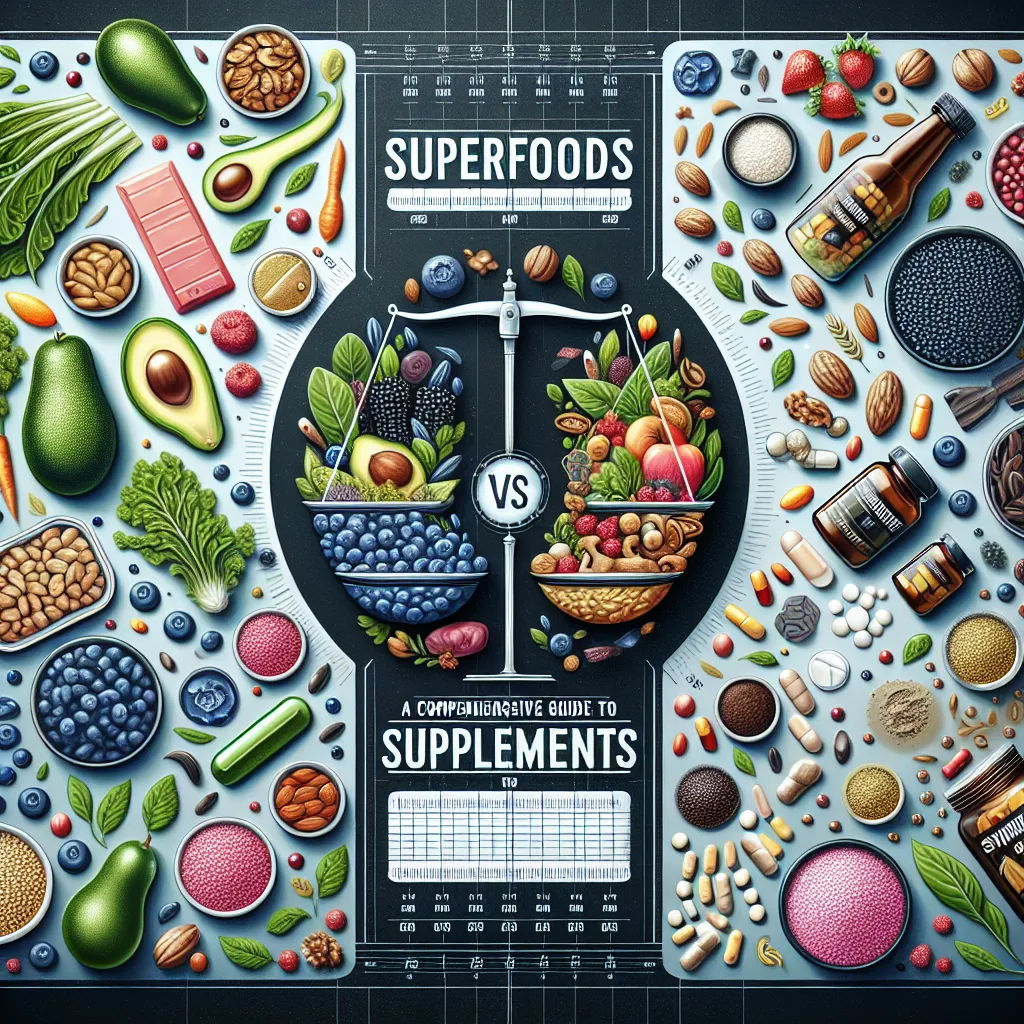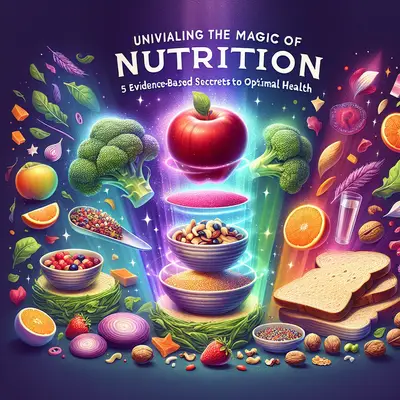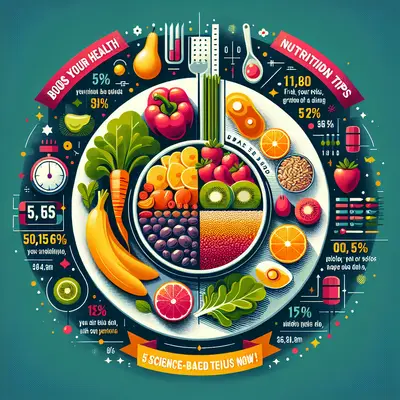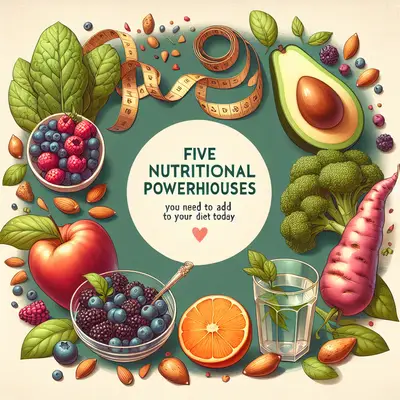Superfoods: Nature's Nutrient Powerhouses
Superfoods, although not a scientifically defined category, are foods known for their high nutrient density, often packed with vitamins, minerals, and antioxidants. Examples include kale, berries, quinoa, and salmon. Such foods support overall health and can help ward off diseases. However, relying solely on superfoods for nutritional needs can be challenging due to dietary restrictions, availability, and individual preferences.
Supplements: Nutritional Insurance
Supplements, on the other hand, are products designed to augment your diet. They come in various forms: pills, powders, liquids, and more. They can provide concentrated doses of specific nutrients, like iron, vitamin D, or probiotics. While supplements should not replace a balanced diet, they can help fill nutritional gaps, especially for those with medical conditions, restricted diets, or age-related nutrient needs.
The Synergy of Superfoods and Supplements
Ideally, your nutrition plan should involve a combination of superfoods and supplements. Although it's best to get nutrients from whole foods, supplements can help ensure you're meeting your needs. For instance, if you're vegan or vegetarian, you might struggle to get enough B12 from food alone, making a supplement beneficial.
Informed Choices and Personalized Nutrition
When choosing superfoods or supplements, it's crucial to make informed decisions based on your individual needs. Consulting a healthcare professional can provide guidance based on your health history, current health status, and goals. Remember, what works for one person may not work for another.
Conclusion
Both superfoods and supplements can play pivotal roles in a health-conscious lifestyle. Superfoods provide a range of nutrients in their natural form, while supplements can help bridge any nutritional gaps. By making informed choices and prioritizing personalized nutrition, you can fully utilize these tools to nourish your body and support your wellness journey.



